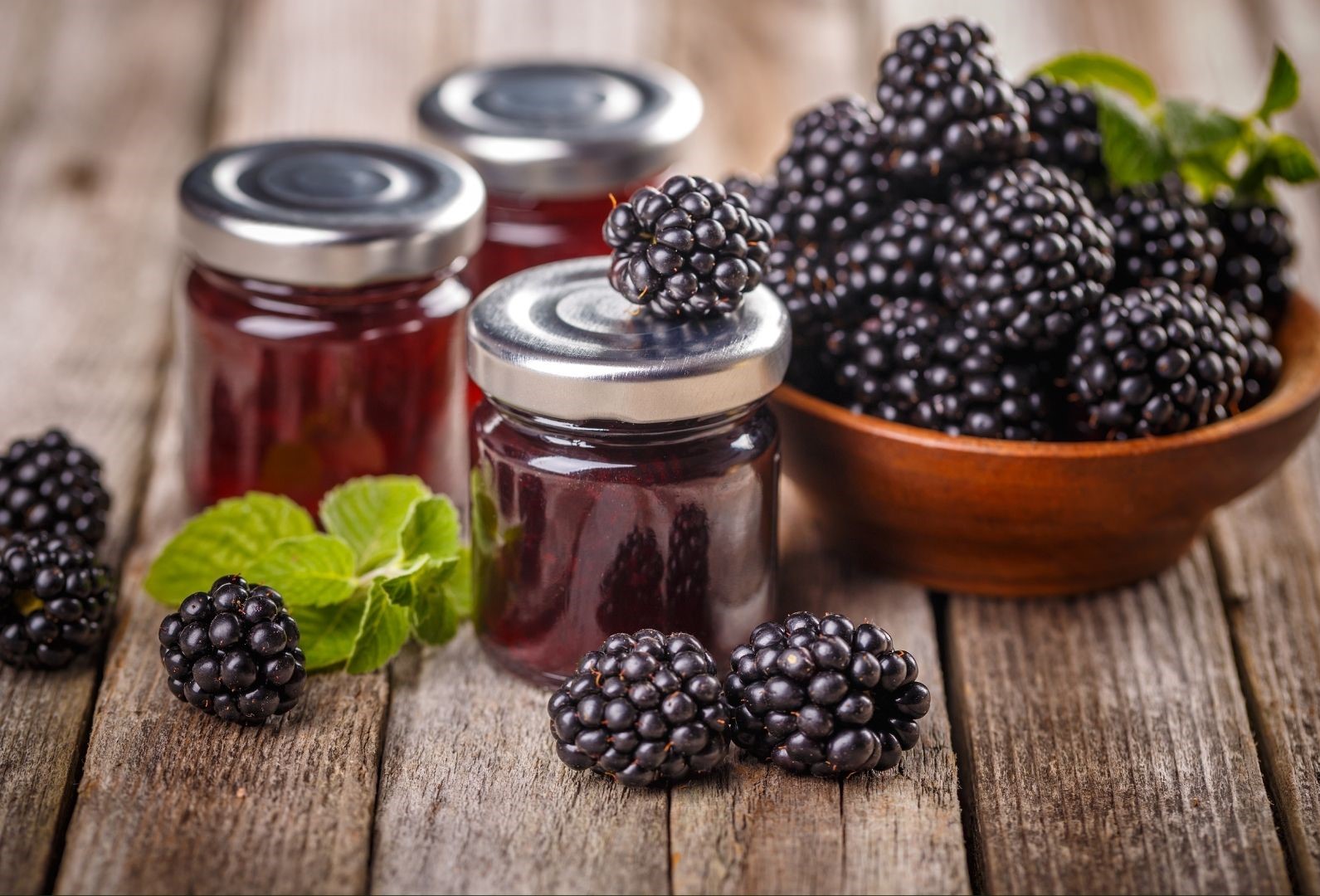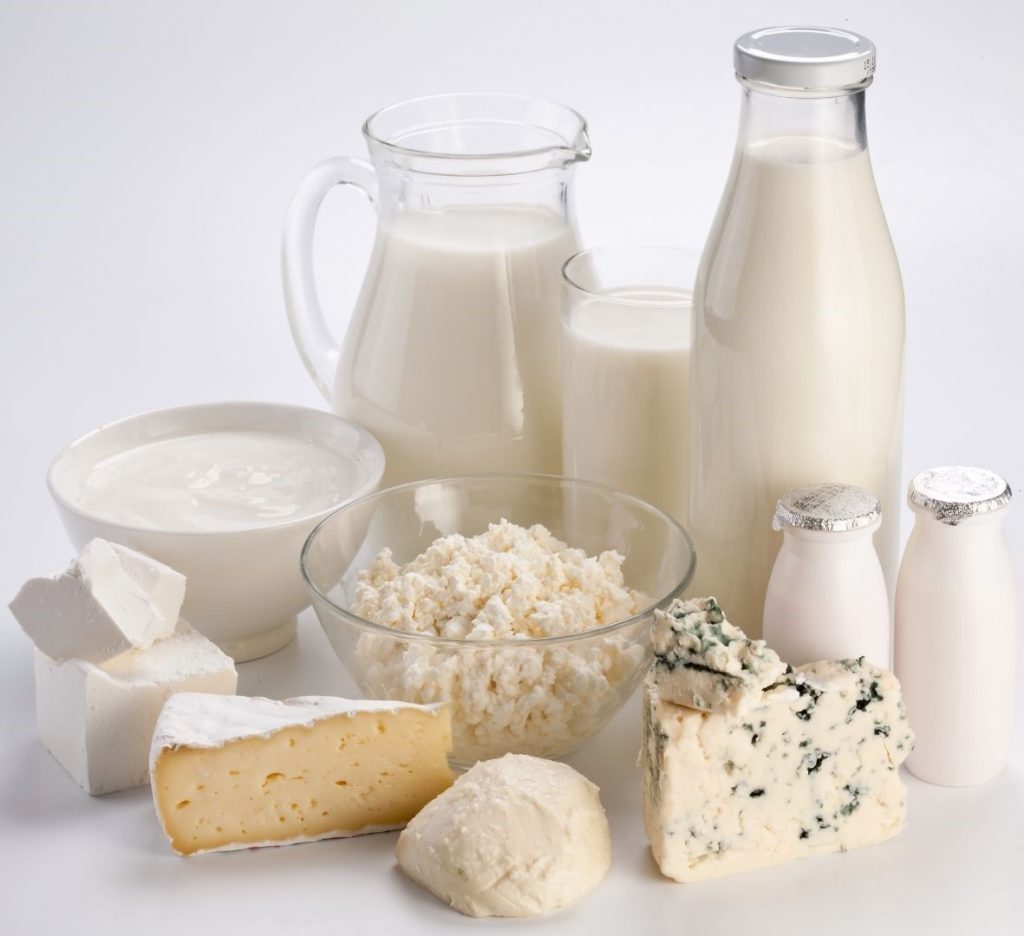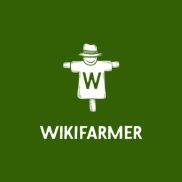What are the value-added products?

Thesaurus of Food Science and Supply Chain
This post is also available in:
This post is also available in:
![]() Русский (Russian)
Русский (Russian) ![]() Ελληνικά (Greek)
Ελληνικά (Greek) ![]() Indonesia (Indonesian)
Indonesia (Indonesian)
Value-adding entails transforming an agricultural (raw) product into a more valuable one that can be sold at higher prices and have a more extended storage life.
Processing and packaging of food products is a typical step to create an end product of higher value. At the same time, certifying the product, e.g. organically produced, can lead to a product of higher value.
Common examples of value-added products are:
- wheat grains proceed into flour (or biscuits)
- fruits made into jams or get infiltrated
- milk processed into cheese
- olives processed into olive oil
- olive oil that is bottled, labeled and organically certified










































































